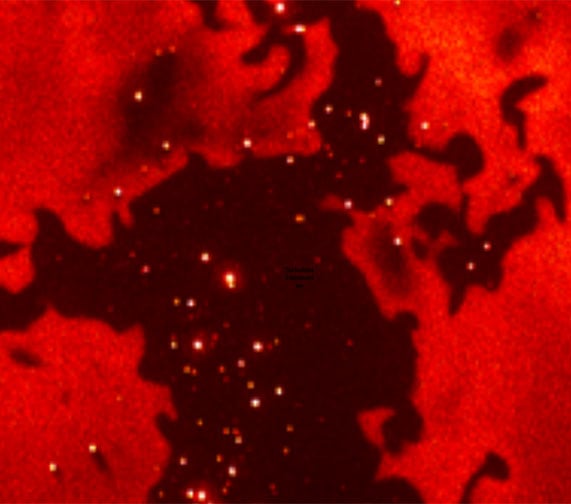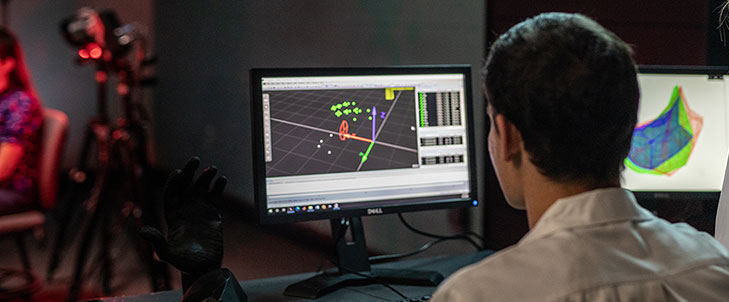The cutting-edge interdisciplinary research in the Department of Mechanical Engineering encompasses four broad areas: 1) Biomechanics; 2) Dynamic Systems & Controls; 3) Thermal and Fluid Mechanics and 4) Solid Mechanics, Design, & Manufacturing. Our faculty, sponsored by Federal agencies such as the National Science Foundation, National Institutes of Health, Department of Energy, and Department of Defense, as well as major American companies, have research interests in areas such as soft tissue biomechanics and biodynamics, energy harvesting and robotic systems, alternative energy and mobility, as well as advanced manufacturing and materials.
Research Groups
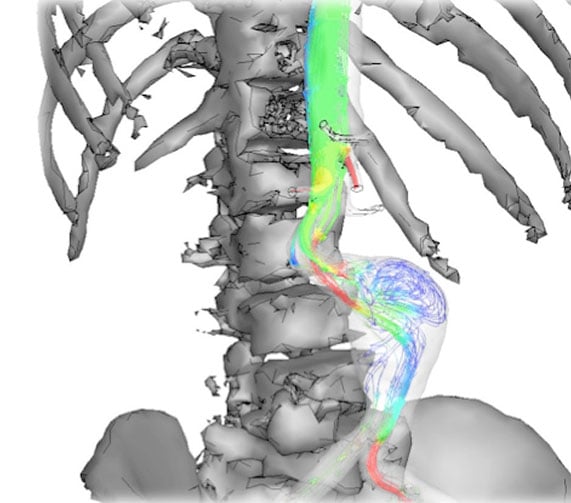
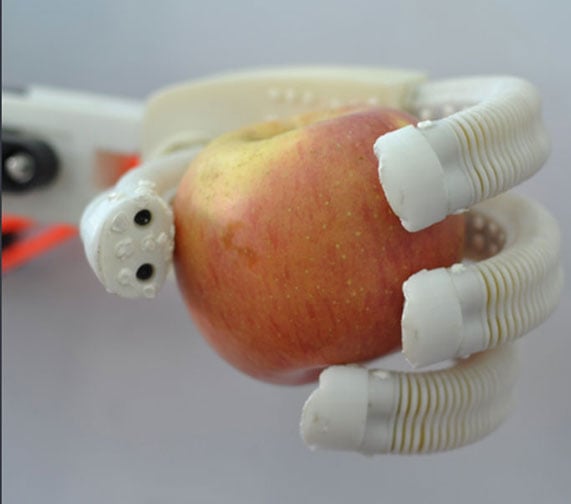
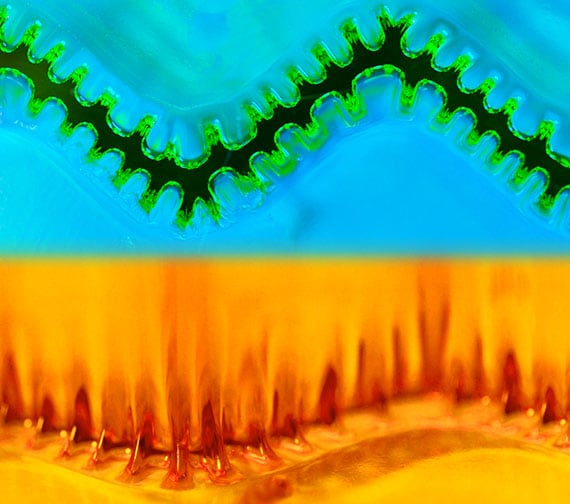
Solid Mechanics, Design, and Manufacturing Group
